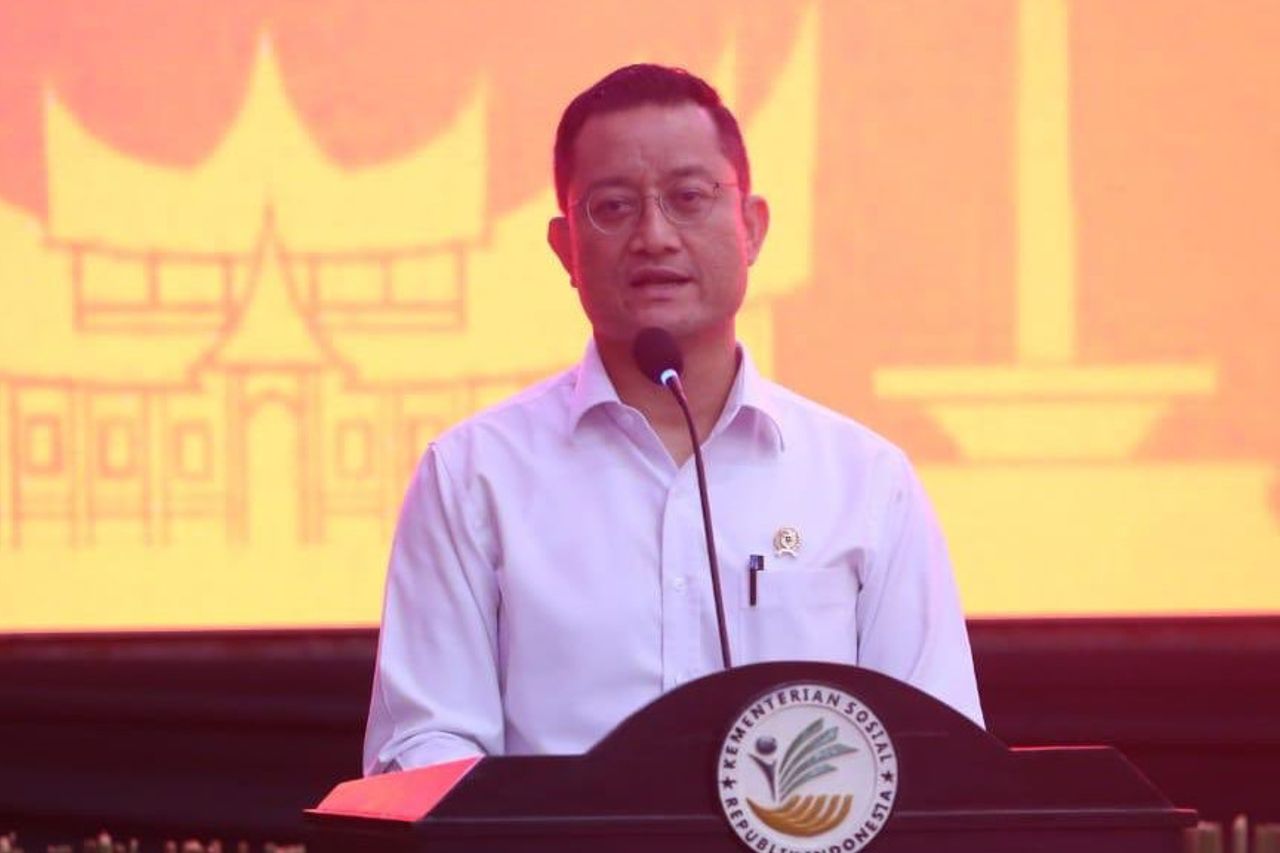Get Ready, 10 Million Families Will Receive PKH In 2020

JAKARTA - The government through the Ministry of Social Affairs (Kemensos) has determined the number of families receiving the Family Hope Program (PKH) in 2020, namely 10 million beneficiary families (KPM). This figure is the same as the number of KPM in 2019.
"We will continue, there will be 10 million PKH next year," said Social Minister Juliari Batubara, Thursday, December 19.
In fact, he said, there will be an additional index for pregnant women, hopefully it can run smoothly.
"But what is more important is that the participants must be fewer, because if there is more it means that the poverty rate does not decrease. That's right, because these social programs are government intervention with the aim of reducing poverty. Hopefully more will be independent, compared to new participants. PKH, "he said.
He stated that the number of PKH that were already independent was quite a lot, because the economy had increased, so there was no need for social assistance anymore.
"So every year there is an evaluation of PKH participants, if they can be independent because the economy is quite established, they will be excluded from PKH beneficiaries," said Juliari.
For this PKH assistance, there was a slight increase for pregnant women, from previously IDR 2.4 million to IDR 3 million.
According to him, the central government's cometment for social protection and security will continue to be improved until next year, where there are programs this year to be continued again such as PKH, BPJS health, non-cash food assistance and many more that are real.
"Not to mention about two months from the issuance of the pre-employment card program, about three months from college in Indonesia," he said.
Quoted from the Ministry of Social Affairs website, PKH is a program for providing conditional social assistance to Poor Families (KM) who are designated as PKH beneficiary families. As an effort to accelerate poverty reduction, since 2007 the Government of Indonesia has implemented PKH.
The Social Protection Program, also known internationally as the Conditional Cash Transfers (CCT), has proven to be quite successful in reducing poverty faced in these countries, especially the problem of chronic poverty.
As a conditional social assistance program, PKH opens access to poor families, especially pregnant women and children, to take advantage of the various health service facilities (faskes) and educational service facilities (fasdik) available around them.
The benefits of PKH are also starting to be encouraged to cover people with disabilities and the elderly by maintaining the level of social welfare in accordance with the mandate of the constitution and the President of the Republic of Indonesia Nawacita.
Through PKH, KM is encouraged to have access to and take advantage of basic social services for health, education, food and nutrition, care, and assistance, including access to various other social protection programs which are complementary programs on an ongoing basis.
PKH's big mission to reduce poverty has increasingly come to the fore considering that the number of poor people in Indonesia until March 2016 was still 10.86 percent of the total population or 28.01 million people (BPS, 2016).
The government has set a poverty reduction target of 7-8 percent by 2019, as stated in the 2015-2019 RPJMN. PKH is expected to contribute significantly to reducing the number of poor people, reducing the gap (Gini ratio) while increasing the Human Development Index (HDI).
The results of other studies indicate that PKH has an impact on changes in household consumption, as in several other CCT implementing countries. PKH succeeded in increasing the consumption of beneficiary households in Indonesia by 4.8 percent.
